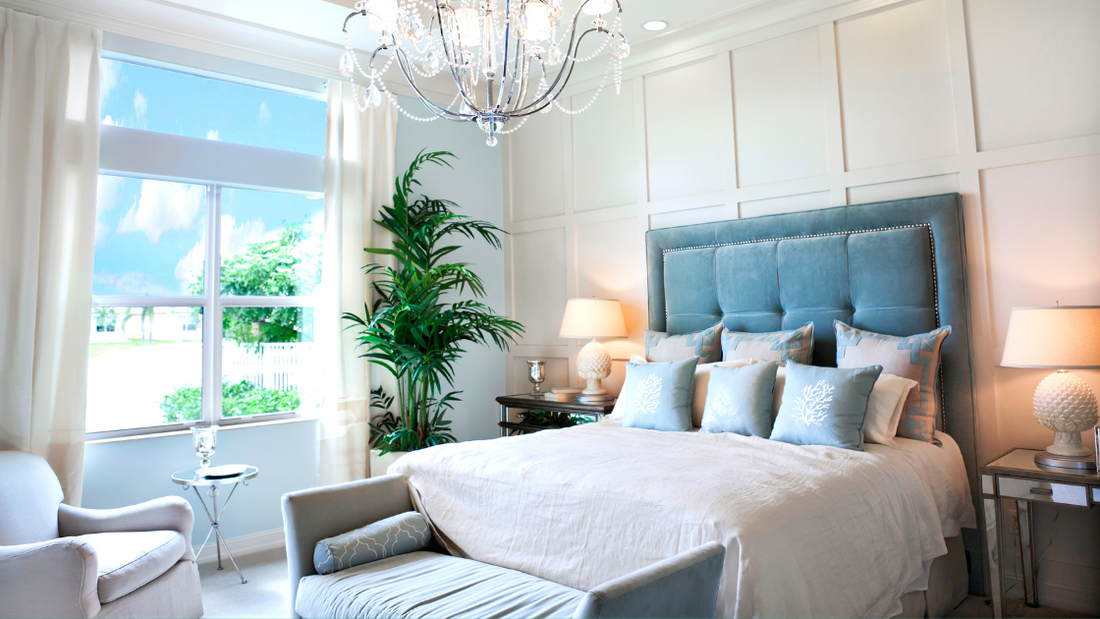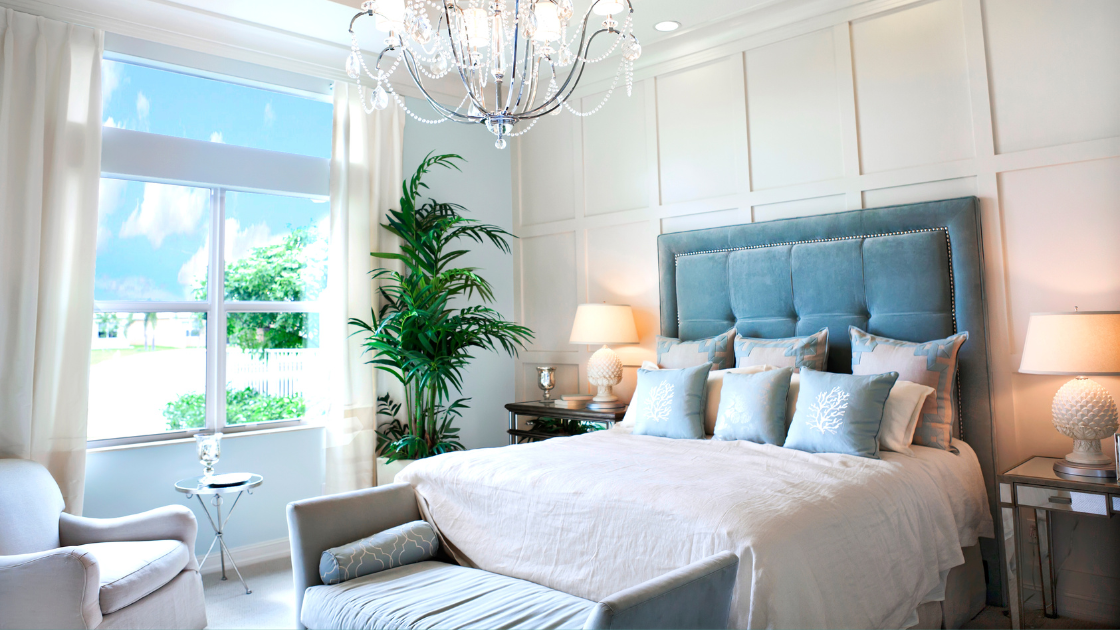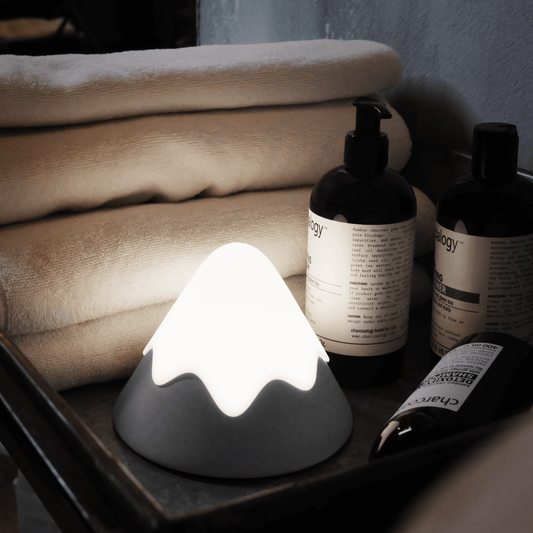If you’re like most people, you probably spend a good chunk of your time in your bedroom. Whether you’re sleeping, getting ready for the day, or just relaxing, your bedroom is your sanctuary. So why not make it a space that’s conducive to a good night’s sleep? With a few simple changes, you can turn your bedroom into a sleep haven. Keep reading to learn how to set up your bedroom for a better night’s sleep.

Is Your Bed Setup for Comfort?
First things first: Make sure your bed is comfortable. This may seem like an obvious one, but it's worth mentioning because it's so important. If your bed is uncomfortable, you're not going to want to spend any time in it, let alone try to sleep in it.
Lets look at your mattress and ensure that it’s comfortable. If it’s not, it might be time for an upgrade. A good mattress should provide support and comfort so that you can sleep soundly through the night. Once you have a comfortable mattress, make sure to dress it with high-quality sheets. Not only will they look nicer, but they’ll also feel nicer—and who doesn’t love crawling into bed with fresh sheets?
Also consider if silk or satin sheets could work for you? They have many benefits for beauty and they help to regulate your body temperature.
You may also want to invest in a good pillow that supports your way of sleeping.
How is your bedroom furniture helping you?
Next, take a look at your bedroom furniture.
If you have any sharp edges or corners, consider rounding them off or replacing the furniture altogether. You want your bedroom to be a calm and relaxing space, and sharp edges can be visually jarring and potentially dangerous if you happen to bump into them in the middle of the night. Creating a curvy and soft setting is what we are going for.
Are Electronics Buzzing or Creating Light Pollution?
In addition to furniture, pay attention to the items in your bedroom. Do you have any electronics plugged in? If so, unplug them before you go to bed. Electronics emit EMF radiation which can be disruptive to sleep.
Some electronics (if you do have to have them in your room) have power lights that are normally red, blue and green. Its best if you can cover these with some black tape so they are not disturbing the light in the room and creating a green hue in the bedroom.
Is it Cluttered?
Speaking of disruptive, now might also be a good time to get rid of any clutter in your room. A tidy space can help promote a tidy mind—and a more restful night’s sleep. Clutter can impact your sleep because it creates a sense of chaos and disorganisation in your environment. When your surroundings are cluttered, your mind may feel overwhelmed and unable to relax, making it difficult to fall asleep or stay asleep throughout the night.
Additionally, clutter can contribute to increased stress levels, which can also interfere with getting a good night's rest.
Get rid of distractions.
One of the worst things for sleep is having things in your bedroom that are going to distract you from sleeping. That means no TVs, no computers, and no phones. If you need to have a TV in your room, make sure it's turned off and covered up before you go to bed. You should also avoid working in your bedroom if possible. If you must work in your bedroom, set up a comfortable spot that's just for work so you can leave it behind when it's time to sleep.
Create Darkness
Make sure your room is dark. Light can be a major factor in how well you sleep at night. If your room is too bright, it can make it harder for you to fall asleep and stay asleep throughout the night. To help combat this, make sure to close the blinds or curtains before you go to bed and use blackout curtains if necessary. You may also want to invest in a eye mask to help block out any residual light.
Keep the temperature cool
Another factor that can impact your ability sleep well at night is the temperature of your room .If it's too hot or too cold ,you'll likely have difficulty falling asleep and staying asleep .To help find the perfect temperature for sleeping, experiment with different temperatures until you find one that suits you. A cool room is usually best for sleeping, so aim for somewhere between 60-67 degrees Fahrenheit.
Humidity can impact sleep because it affects our body's ability to regulate temperature. When the air is too humid, it can make us feel hot and sticky, which makes it harder for our body to cool down and regulate its internal temperature. This can cause discomfort and lead to restlessness throughout the night. Additionally, high humidity levels in the bedroom can promote the growth of mold and dust mites, which can trigger allergies or respiratory issues that further disrupt sleep. Maybe time to invest in that dehumidifier.
By following these simple tips, you can turn your bedroom into a sleep haven. Invest in quality sheets and pillows, ditch the electronics, and create a space that promotes relaxation and restfulness.





















